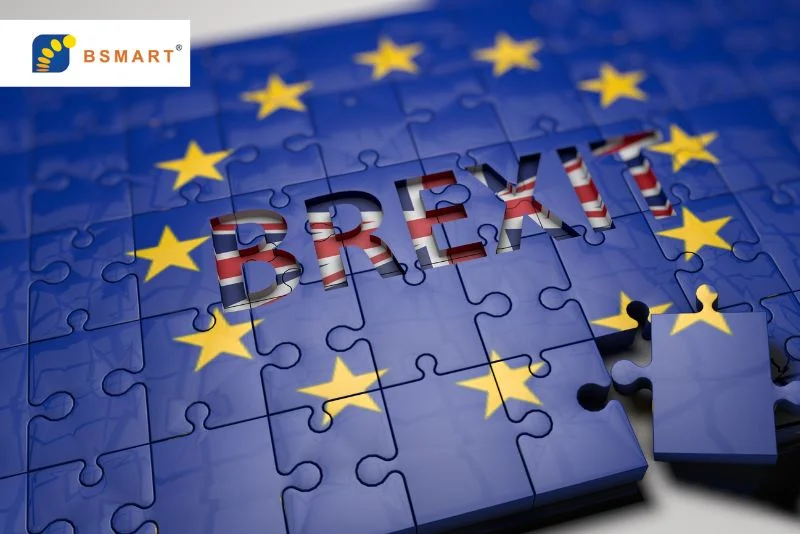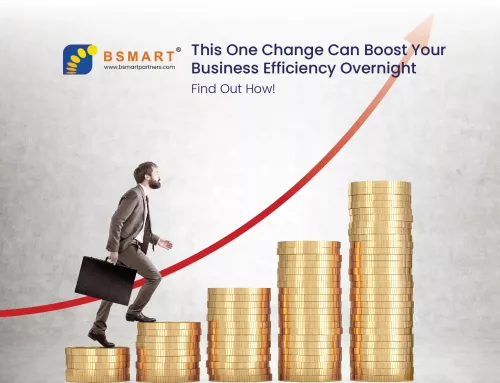Overview of Changes in VAT and Corporation Tax Post-Brexit

Since the UK’s departure from the European Union, there have been significant changes in both VAT and Corporation Tax regulations. For VAT, the most notable change is the introduction of new rules for trade between the UK and EU. These rules impact how it’s charged and collected, affecting both businesses and consumers. For Corporation Tax, while the rate remains unchanged post-Brexit, the UK government has gained more autonomy in setting its Corporation Tax policies. This shift opens the door for potential future changes that could make the UK’s tax regime more competitive globally.
Another key change in VAT post-Brexit is the removal of the MOSS (Mini One Stop Shop) system for UK businesses. This system previously simplified VAT reporting for digital services sold within the EU. Now, UK businesses need to register for VAT in each EU country where they have customers. On the Corporation Tax front, the UK’s exit from the EU means it is no longer bound by EU state aid rules. This change provides greater flexibility in designing tax incentives and subsidies to support specific sectors or activities.
Impact on Import and Export Businesses
The changes in VAT have had a profound impact on businesses engaged in importing and exporting goods between the UK and EU countries. Importers now face a different set of rules, including the need to account for VAT on goods at the point of import. This change can affect cash flow and requires careful financial planning. For exporters, the shift means navigating a new landscape where goods sold to EU countries are treated as exports, leading to different VAT treatments compared to intra-EU sales.
Additionally, the end of the transition period has brought about the requirement for customs declarations and potential tariffs, adding layers of complexity for businesses. These changes in tax and the additional customs requirements can increase administrative burdens, particularly for smaller businesses. It’s crucial for businesses involved in cross-border trade to stay informed and adapt their operations to ensure compliance and maintain efficiency.
Adjustments in VAT Compliance for UK Businesses
Post-Brexit, UK businesses face several adjustments in VAT compliance. One of the most significant changes is the shift in the VAT treatment of transactions between the UK and EU. UK businesses must now navigate a system where sales to the EU are treated as exports, and purchases from the EU are treated as imports. This alteration requires businesses to adapt their accounting practices and potentially register for VAT in EU member states, depending on their level of trade with the EU.
In terms of registration and reporting, the changes are substantial. UK businesses selling goods to consumers in the EU may need to register for VAT in each EU country they sell to, depending on the value of their sales. This requirement introduces a new layer of complexity, especially for small and medium-sized enterprises. It’s essential for businesses to seek guidance and possibly invest in new accounting software or services to manage these new requirements effectively and ensure they remain compliant with both UK and EU tax regulations.
Corporation Tax Implications for UK-Based Companies
With the UK’s exit from the EU, there have been subtle yet important shifts in Corporation Tax for UK-based companies. While the main Corporation Tax rate has not changed, the UK now has more control over its tax legislation. This independence may lead to new tax reliefs and incentives, aimed at stimulating the economy and attracting foreign investment. Companies should keep an eye on these potential changes, as they might influence financial strategies and compliance responsibilities.
Another key area affected is the approach to tax avoidance. Without the EU’s directives on tax planning, the UK might alter its rules on cross-border taxation. This change is particularly relevant for multinational corporations with operations in multiple countries. It’s essential for these companies to stay updated on tax law revisions, as they could significantly impact their tax planning and obligations.
VAT Implications on Digital Services
For digital services, the VAT situation for UK businesses in the EU market has evolved. UK businesses can no longer use the MOSS system, which previously simplified VAT for digital service sales in the EU. This means they now need to register for VAT in each EU country where they have customers, adding complexity and possibly higher costs. Small digital service providers, in particular, might find managing multiple VAT registrations challenging.
For EU consumers buying digital services from the UK, these are now treated as imports with VAT charged at the rate of the consumer’s country. UK businesses must therefore adjust to different rates across EU countries, affecting their pricing and potentially their competitiveness in the EU digital services market.
Guidance for Small and Medium Enterprises (SMEs)
Small and medium enterprises (SMEs) in the UK must adapt to the recent changes in VAT and Corporation Tax. It’s important for these businesses to understand the new rules and take steps to comply. Seeking advice from tax experts or using government resources to grasp their new duties is a good start. This includes being aware of any shifts in VAT rates, registration limits, and reporting requirements, particularly for those trading with the EU.
For Corporation Tax, it’s wise for SMEs to stay informed about potential policy changes and incentives. Monitoring government announcements and budget revisions can be crucial. SMEs should also review their supply chains and customer demographics to evaluate the impact of the new rules. Adjusting pricing strategies or accounting methods might be necessary for VAT, while rethinking investment and growth plans could be important for Corporation Tax. Staying informed and flexible is crucial for SMEs to successfully manage in this updated tax environment.
Cross-Border Trade and VAT Reclaim
For UK businesses engaged in cross-border trade with the EU, the process of reclaiming VAT on goods and services purchased in the EU has become more complex post-Brexit. Previously, UK businesses could use a streamlined process within the EU VAT system to reclaim VAT. However, since leaving the EU, UK businesses are now considered non-EU entities, which means they must navigate different procedures established by each EU country for reclaims. This change requires UK businesses to familiarize themselves with varying VAT refund rules and documentation requirements across different EU member states. Timeliness is also a key factor, as each country has its own deadlines for reclaim submissions, and delays can lead to missed reclaim opportunities.
Moreover, the process for reclaiming involves submitting claims directly to the tax authority of the EU country where the VAT was paid. This can be a daunting task, especially for small and medium-sized enterprises lacking resources to manage these claims. In addition to understanding the specific reclaim procedures of each country, businesses must ensure that all documentation, such as invoices and proof of VAT payment, are in order and comply with the respective country’s regulations. As a result, many UK businesses find it beneficial to seek professional advice or use specialized tax services to handle their VAT reclaims efficiently and effectively, ensuring they recover all the VAT they are entitled to without facing compliance issues.
Future Tax Trends in Post-Brexit UK
The coming years are expected to bring further changes to VAT and Corporation Tax policies in the UK, especially as Brexit-related negotiations evolve. We might see efforts to streamline the system, especially for businesses involved in international trade. This could lead to more straightforward processes for dealing with VAT on cross-border transactions. In terms of Corporation Tax, the UK government may adjust its policies to make the UK a more attractive place for businesses. These adjustments could include changes in tax rates or new incentives aimed at specific sectors or activities.
A significant area of potential change is the treatment of digital services. As online transactions become more central to the economy, the UK could modify VAT rules to better accommodate digital sales and services. For Corporation Tax, the focus may shift to enhancing the UK’s appeal as a business location post-Brexit. This might involve introducing tax incentives or relief for research and development, or for specific industries. Businesses should prepare for these possibilities by staying informed about tax policy developments and seeking advice when needed.
The changes in VAT and Corporation Tax following Brexit represent a significant shift for UK businesses. Understanding and adapting to these changes is crucial for maintaining compliance and maximizing opportunities. The adjustments, especially for cross-border trade, and the newfound flexibility in Corporation Tax policy, require businesses to stay well-informed and agile in their financial strategies.
For small and medium enterprises, the key is to actively manage these changes. This could mean updating accounting practices, seeking professional tax advice, or reevaluating business models to better suit the new tax environment. Looking ahead, businesses should prepare for further developments in tax policies, particularly regarding digital services and international trade. By remaining responsive to these changes, UK businesses can navigate this new era effectively, ensuring legal compliance while also exploring potential benefits. In this post-Brexit period, the ability to swiftly adapt and make informed decisions is more than just a necessity; it’s a pathway to resilience and growth in a changing economic context.






